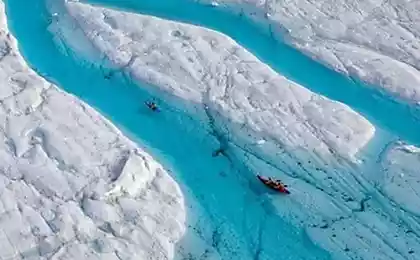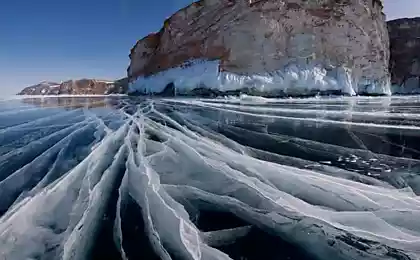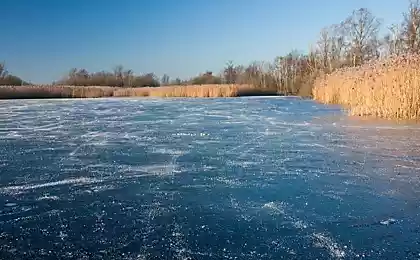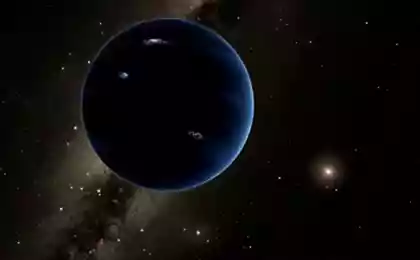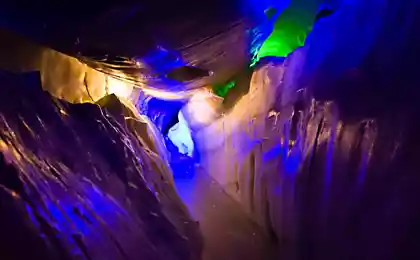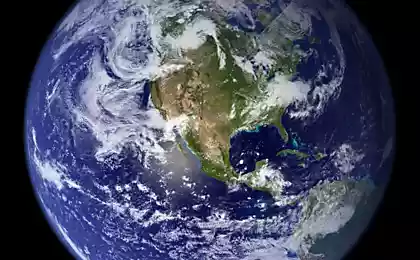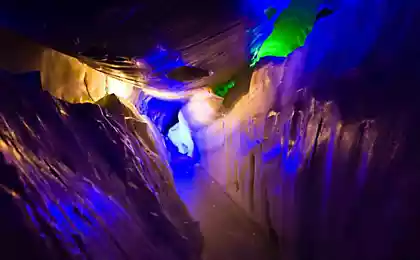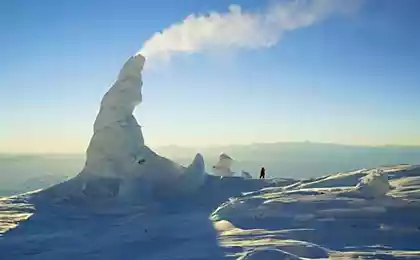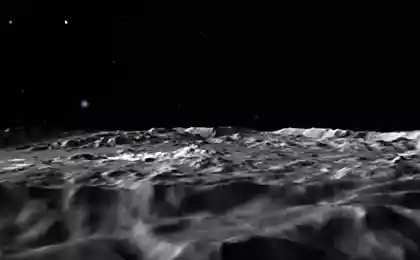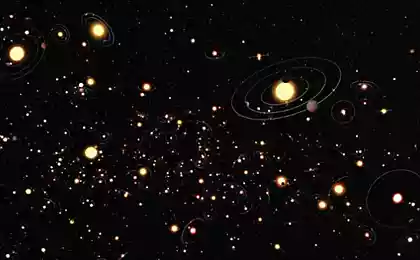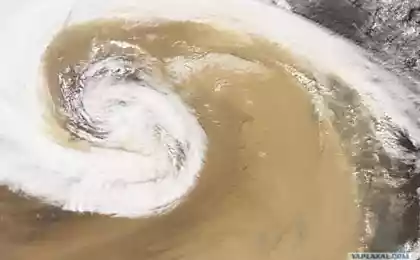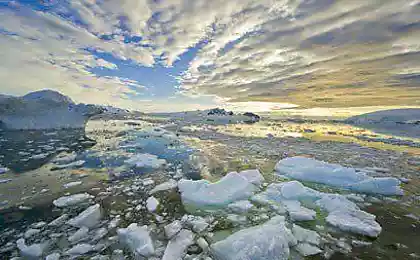160
Experts warned about the catastrophic consequences of melting the “Doomsday glacier”
Humanity continues to behave as irresponsibly as possible when it postpones the solution of environmental problems for later. As a result, our planet is getting dirtier every year. And this is already clearly visible today in various parts of the Earth.
Environmental scientists recently released disappointing results from recent studies. According to these data Antarctica is melting much faster than previously thought. Catastrophic consequences could come sooner than we thought.
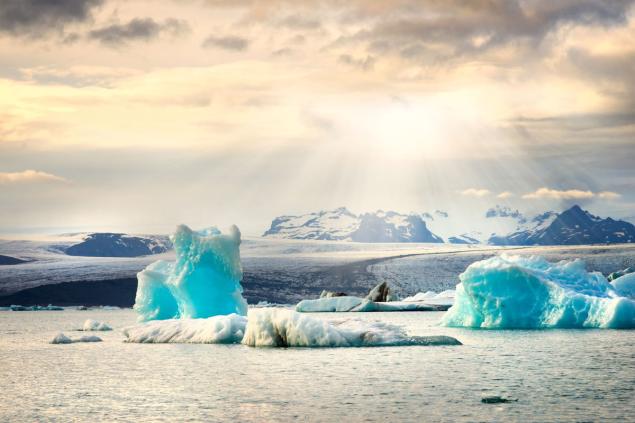
It turns out that the area of ice cover around Antarctica has decreased to 1.79 million square kilometers. This is the minimum for all years of satellite observations. And this "blanket" melts at a rapid pace.
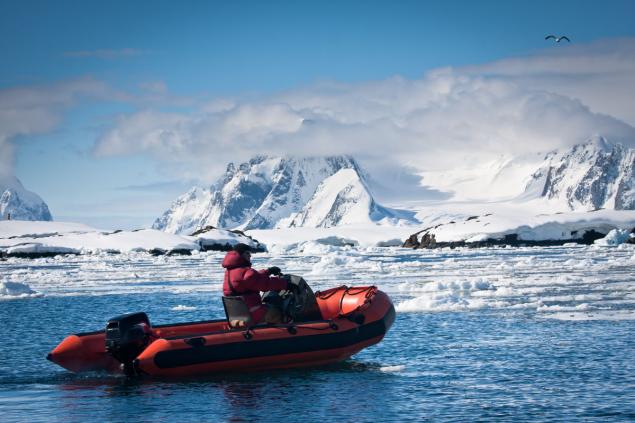
The melting of the glaciers of Antarctica raises the water level. And the ice here is enough for the water level to rise by many meters. And this threatens flooding in different parts of the world. It will also exacerbate drinking water problems in many regions.
Specialists are especially afraid of specialists glacierIt is located in the Amundsen Sea. It is so big that it has already been called the “doomsday glacier”. And if this huge mountain of ice melts, the sea level will rise by half a meter.
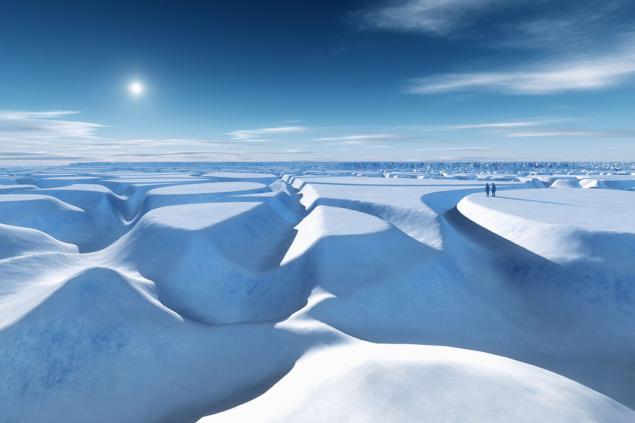
It should be understood that the disappearance of some glaciers provokes the melting of other glaciers. This speeds up the processes and makes the negative effect even more noticeable.
It should be understood that the melting of glaciers also redraws marine life. The temperature and chemical composition of water change. It affects all marine life, disrupts migration and disrupts food chains. The consequences cannot be calculated.
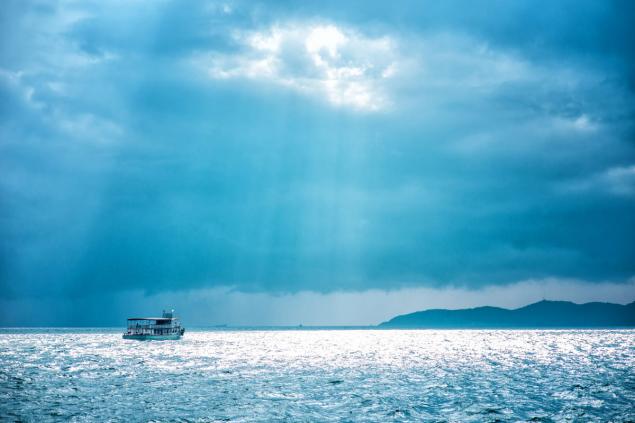
Among other things, we note that glaciers are not only beautiful blocks of ice, but also the surface that reflects the sun’s rays. This allows you to keep the planet cool, keeping the water cold enough. It is difficult to predict how much the temperature will rise without this factor. In addition, with warmer water, the sea level will rise even more.
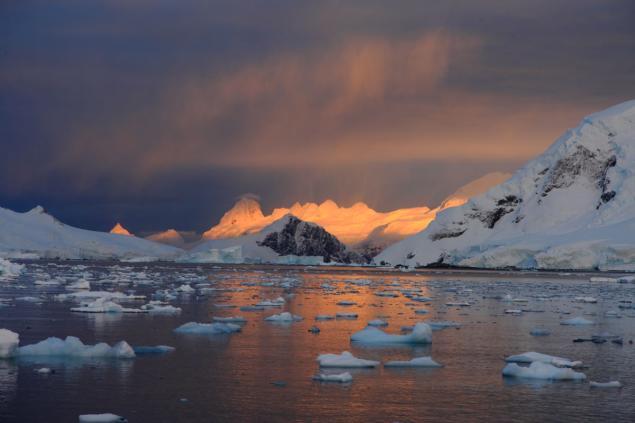
Without glaciers, many dependent ecosystems will become even more fragile or disappear. And therefore the threat hangs over entire populations of various animals.
Of course, humanity will not benefit from such shocks either. The consequences of melting glaciers will be devastating for the socioeconomic fabric of many regions. The tourism and fishing industries will be affected. There are plenty of problems in agriculture.
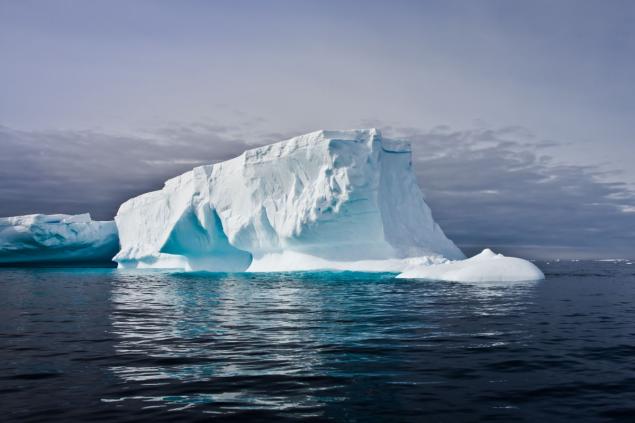
Therefore, it is not necessary to observe indifferently how Antarctica is melting. And we need to take measures today so that the melting of glaciers was not so rapid.
Environmental scientists recently released disappointing results from recent studies. According to these data Antarctica is melting much faster than previously thought. Catastrophic consequences could come sooner than we thought.

It turns out that the area of ice cover around Antarctica has decreased to 1.79 million square kilometers. This is the minimum for all years of satellite observations. And this "blanket" melts at a rapid pace.

The melting of the glaciers of Antarctica raises the water level. And the ice here is enough for the water level to rise by many meters. And this threatens flooding in different parts of the world. It will also exacerbate drinking water problems in many regions.
Specialists are especially afraid of specialists glacierIt is located in the Amundsen Sea. It is so big that it has already been called the “doomsday glacier”. And if this huge mountain of ice melts, the sea level will rise by half a meter.

It should be understood that the disappearance of some glaciers provokes the melting of other glaciers. This speeds up the processes and makes the negative effect even more noticeable.
It should be understood that the melting of glaciers also redraws marine life. The temperature and chemical composition of water change. It affects all marine life, disrupts migration and disrupts food chains. The consequences cannot be calculated.

Among other things, we note that glaciers are not only beautiful blocks of ice, but also the surface that reflects the sun’s rays. This allows you to keep the planet cool, keeping the water cold enough. It is difficult to predict how much the temperature will rise without this factor. In addition, with warmer water, the sea level will rise even more.

Without glaciers, many dependent ecosystems will become even more fragile or disappear. And therefore the threat hangs over entire populations of various animals.
Of course, humanity will not benefit from such shocks either. The consequences of melting glaciers will be devastating for the socioeconomic fabric of many regions. The tourism and fishing industries will be affected. There are plenty of problems in agriculture.

Therefore, it is not necessary to observe indifferently how Antarctica is melting. And we need to take measures today so that the melting of glaciers was not so rapid.
My confessor told me that throwing out a sanctified shell was a big sin, that's how to deal with it.
Do not choke on potatoes, cook "zeppelins" from chicken for home, the traditional Lithuanian version rests

